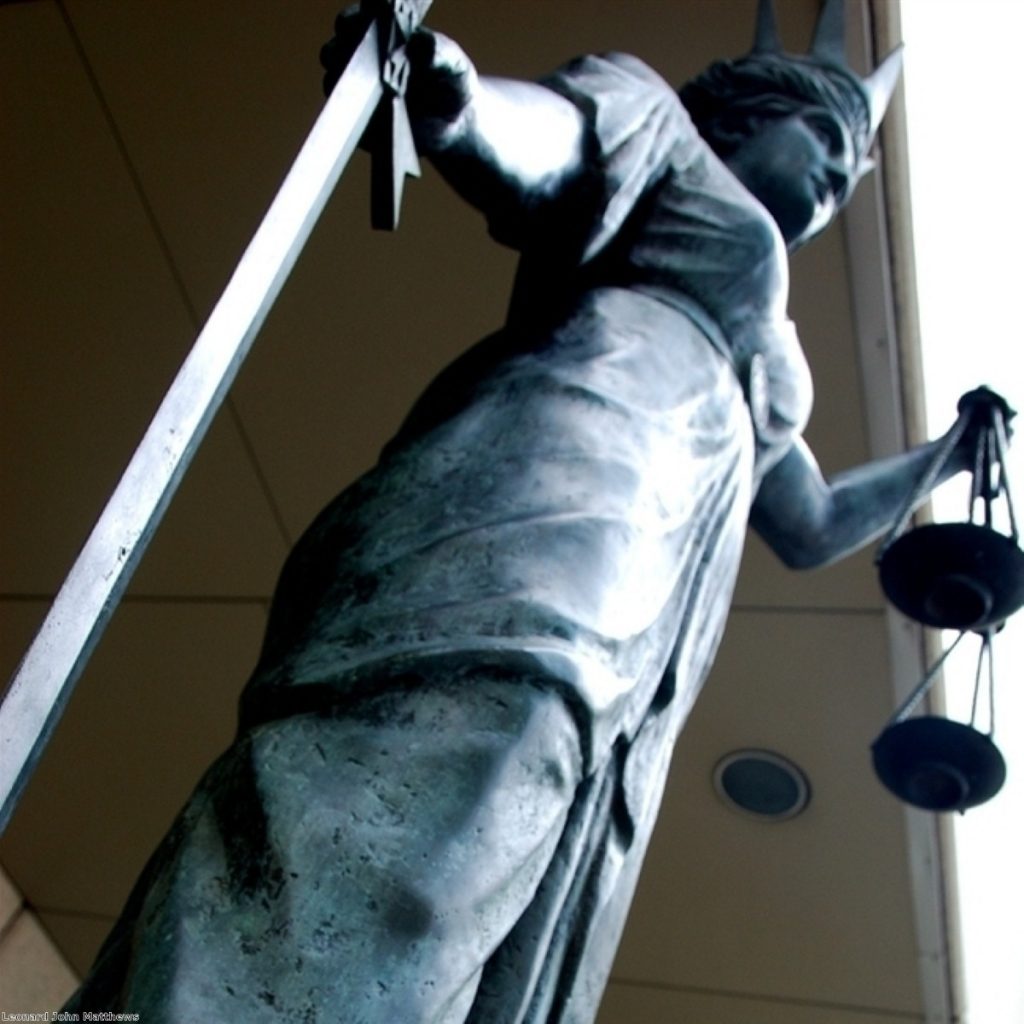Analysis: Will the terror inquiry be a whitewash?
David Cameron’s decision to launch an inquiry on the allegations about British collusion in torture seems open, but there are problems under the surface.
By Ian Dunt
David Cameron’s statement to the Commons on possible British collusion in the torture of terrorist suspects was another perfectly delivered example of why the prime minister excels at these tasks. But delve beneath the surface and problems start to emerge.
The inquiry


The inquiry is to be chaired by Sir Peter Gibson. Anti-torture activists are extremely concerned about his role, given he continues to act as intelligence services commissioner and has done since 2006. Given that he has already been responsible for security services scrutiny for several years, most do not expect him to take an altogether different stance on the matters now before him. Sir Peter is also able to define the terms of reference for the inquiry in combinations with relevant ministers. The broad sweep of the inquiry was still much more generous than many anti-torture groups had expected and the fact that it will be partially held in public is as much as Cameron could conceivably have offered.
Timing
Cameron announced that the civil proceedings currently being fought with the government would go into mediation and needed to be resolved before the inquiry could begin. Cameron is aiming for the inquiry to start by the end of the year and wants it to only last one year. There are several problems with this. For starters, there is no particular reason both cannot go on side-by-side. Civil claims do not have juries which will be influenced by information emerging from the inquiry. Meanwhile, there is only one potential criminal investigation, against the individual known as Witness B. No arrests or charges have been made in this regard. Labour’s last attorney-general Baroness Scotland passed the file onto the Met and we’ve heard nothing of it since.
It’s possible the government opted to wait for financial reasons. It is spending millions trying to defend itself in these cases, not including the legal aid bill at the end, and by going into mediation, and possibly settling, it will save a bit of money. But there are real problems here. Clearly, the intention is to get this done and dusted and move on, the UK’s global reputation restored. Cameron said as much in the Commons. But someone conducting a civil case against the government has little incentive, beyond the financial, to go down the route of a semi-public inquiry rather than have their day in open court. Claimants can have the government over a barrel if they so chose. And if they say no this inquiry might never take place, as cases drag on and on for years.
There is also a logical problem. If the mediation ends with the government settling, surely the question of whether Britain has colluded in torture has already been answered in the affirmative.
Guidance
Guidance to intelligence and security officers is a major issue for anti-torture activists, who will now be going over the new guidance with a fine toothcomb. As one of them said to me this afternoon: “If there’s anything in it we don’t like, we’re taking them to court.” Where torture is possible by a third party, the new guidance says there is a “presumption” against handing the suspect over. But Cameron said today that the issue would go to ministerial level. That contradicts the convention against torture, which states that there is no national security exemption whatsoever for torture or complicity in torture.
Activists are happy that current and future policy is being sorted through the new guidance. But they remain angry at Cameron’s decision to not release the previous guidance. This was promised by Gordon Brown in 2009. The joint intelligence committee (JIC) hassled him for it but it never came. Naturally, suspicions were raised, and most campaigners believe it may contain sections opening up the space for officers to engage in inhumane activity. Cameron said it would not be published so that there could be “clarity” about the guidance. This seems disingenuous. The lawyers and experts acting for human rights organisations are quite capable of assessing the difference.
The green paper
The announcement of a green paper looking at issues of “oversight” heralds a new chapter for Britain’s intelligence and security apparatus. The government is desperate to put this period behind it. The use of intercept evidence in court is likely to feature, as is the role of the JIC, which found itself at the losing end of a power struggle with Downing Street during the New Labour administration. The most concrete references to its findings thus far, however, will not please human rights groups. There are strong rumours that the paper might pave the way for legislation barring British courts from looking at foreign intelligence, probably in a bid to pacify the Americans in the wake of the court judgement on the Binyam Mohamed case.
Whitewash or act of transparent government? At this early stage it is simply too early to tell. The potential parameters are much broader than expected and the fact the inquiry will be held partially in public is highly commendable. But secrecy over the previous guidance and questions over the timing of the inquiry in relation to the current civil cases raise questions about the government’s commitment to laying these allegations to rest.









